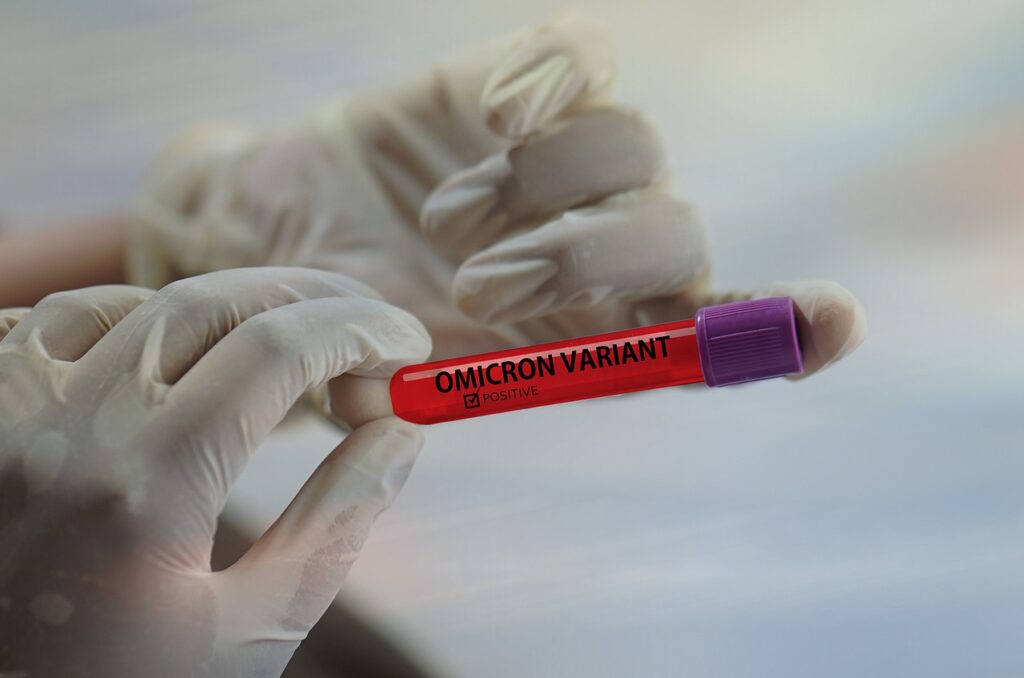Omicron: what you need to know about new versions of coronovirus

The symptoms of Omicron are somewhat different from those of other strains of coronavirus. Among the main ones are severe weakness, fever up to 38 degrees, headache, loss of appetite, cough. These rather mild symptoms may be accompanied by lung tissue damage typical of the coronavirus.
A certain mystery of the new strain of the virus prompted a number of scientists to begin large-scale testing of antibodies against Omicron in cell cultures of vaccinated people. Experiments have shown that Omicron is not completely “invisible” to antibodies. However, compared to earlier versions of the coronavirus, they are much less successful in fighting it.
Studies show that two doses of the Pfizer-BioNTech vaccine does not provide sufficient protection against the new strain. However, many experts suspect that Omicron does not cause serious consequences because vaccines induce immunity other than antibodies. For example, T cells can attack infected cells. Luckily, Omicron doesn’t mutate our immune system so easily.